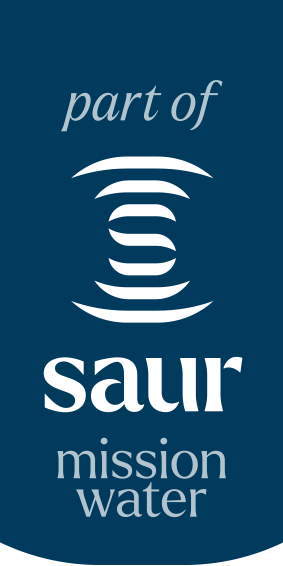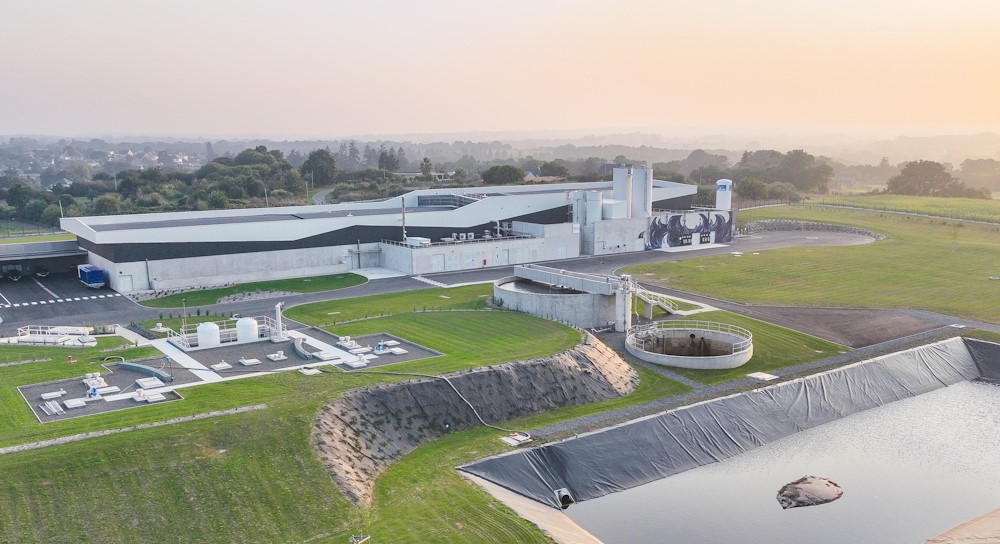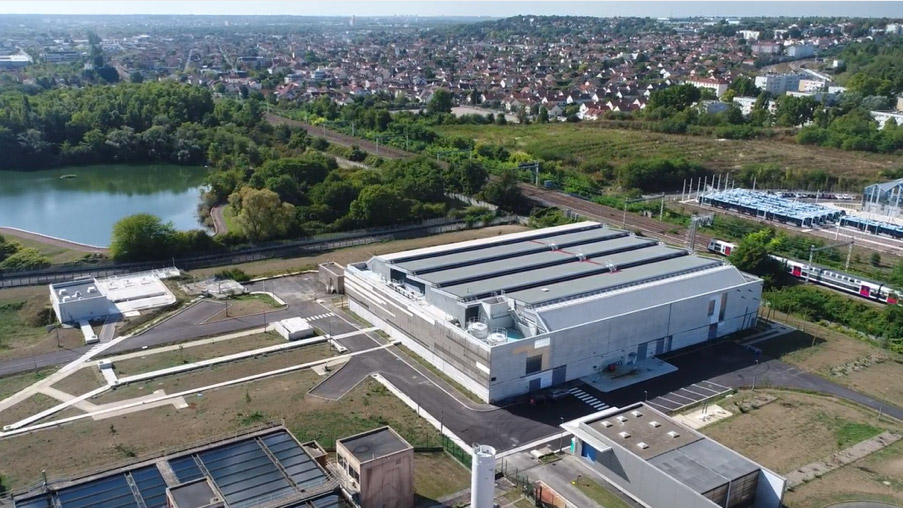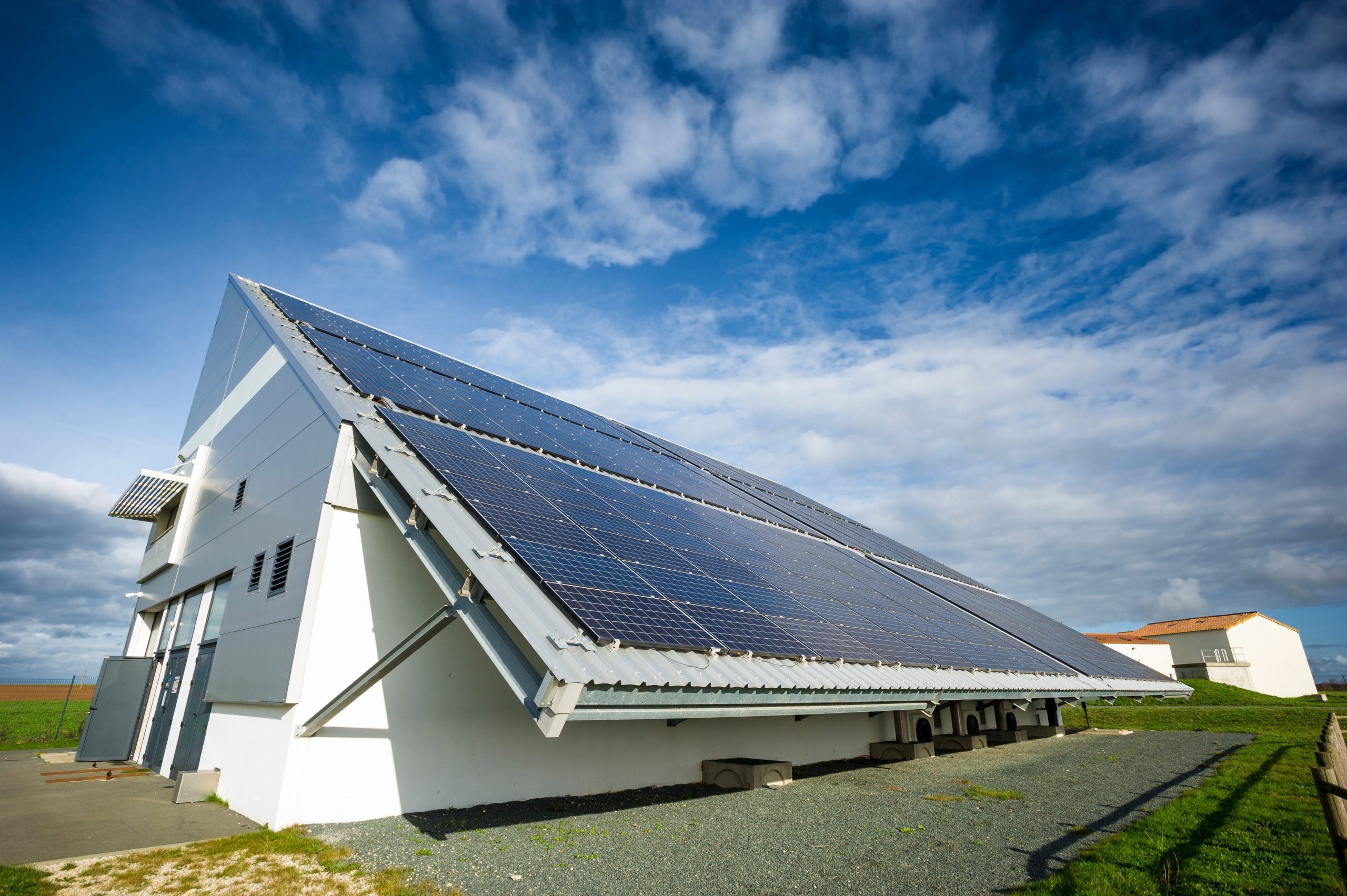- Drinking water
Leveneur (Reunion Island)
Leveneur: drinking water in all weather conditions
On the municipality of Leveneur, Stereau won in 2019 the design-build contract for the largest drinking water production unit in Réunion Island, entrusted by the South Island Agglomeration Community of Réunion (CASUD). With a capacity of 30,000 m3/day, the new plant represents a significant contribution to food security and the quality of drinking water for nearly 78,000 Reunionese.
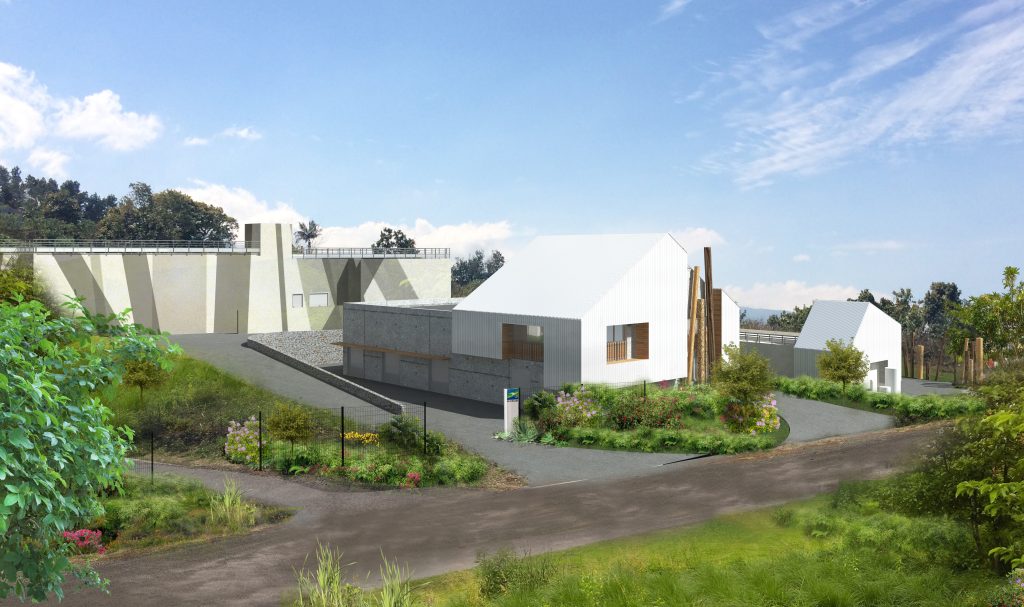
The challenges
- To design a drinking water production plant capable of treating highly polluted surface waters subject to turbidity phenomena.
- To secure the supply of high-quality drinking water for nearly 70,000 residents of the municipalities of Le Tampon and Saint-Joseph, Réunion.
- To enhance the water storage capacity of CASUD in case of water cuts.
Our solutions
The Leveneur drinking water production plant implements a complete water treatment process: pre-mineralization, coagulation, flocculation, sedimentation filtration, UV disinfection for the elimination of viruses, bacteria, and parasites, followed by chlorination.
The construction of two reservoirs for raw and treated water, each with a capacity of 5,000 m3, allows for adjusting consumption needs and ensuring greater operational flexibility of the plant.
Benefits
- High-quality drinking water in sufficient quantity 365 days a year.
- A treatment process adapted to sanitary safety requirements and the characteristics of resources (river water)
- A high reliability in treating peak turbidity and pathogenic microorganisms. From the water intakes of Pont du Diable, Edgar Avril, Hirondelles, and Bras de la Plaine.
- The provision of emergency water supply in case of crisis through two reservoirs of 5,000 m3 each for raw and treated water.
- An installation compliant with European standards.
drinking water
